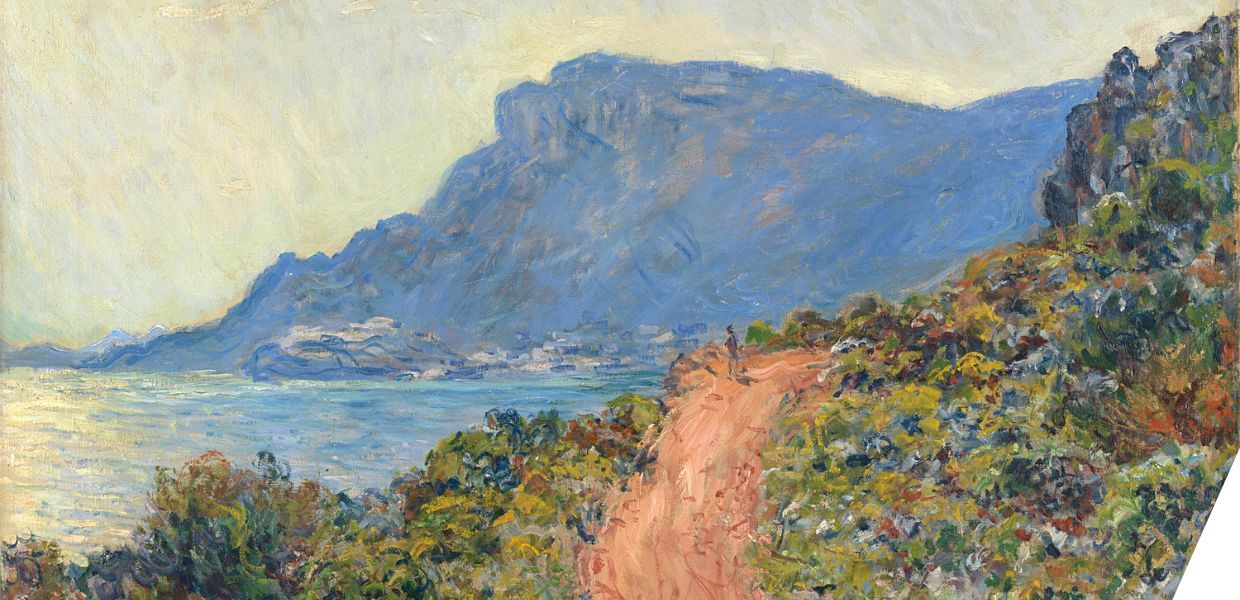This year I completed a Master in Translation and New Technologies at ISTRAD, in Seville, and my main objective has always been to work in history, archives and cultural heritage. My six-month internship at the Europeana Foundation was an engaging adventure and the opportunity to bring all of my former experiences together. Thanks to my internship supervisors Adrian Murphy and Maggy Szynkielewska, my expectations were met, and they gave me the chance to go beyond translation by writing stories.
During my internship, I was also able to become familiar with the world of European cultural institutions and their specific needs.
The Europeana website’s framework: the Internet, European Union and cultural heritage
During my internship, I translated around 50 blogs and two exhibitions into French, including Twin it! 3D for Europe’s culture and A queer tour. I also wrote two stories (Cabinets of curiosities and the Wunderkammer of Rudolf II in Prague and Prague and Cubism), which provided me a deeper understanding concerning the expectations related to the stories I was translating.
To create a good translation, it's essential to know the objectives of the translation such as the audience, the specificities of the media, and, above all, to understand the subject and the message conveyed by the organisation. The workshops and conferences I attended through Europeana Academy, the Digital Storytelling Festival, AI4Culture and Project Week enabled me to get a new perspective on the challenges faced by the Foundation and, more broadly, by European cultural heritage institutions.
Europeana Foundation publishes stories in line with its mission and the principles of the European Union. Not only does this involve producing rigorous editorial content on an ongoing basis in the large number of official EU languages involved, but also highlighting and curating European stories that speak to citizens across the continent, and connect them with their cultural heritage. This creates a translation challenge for the Audience Engagement team - one which the team, and my internship, aimed to address.
One new tool under construction: guidelines for editors and translators
Earlier this year, Europeana Foundation piloted a volunteer translation review project. I also looked for a way to help with proofreading translations created by machine translation. Because we know machine translation is still not completely perfect, this work gave birth to a guidelines document, which aimed to make the process consistent, improve the workflow, and gather tools in one place to save time.
The document includes typology issues, the vocabulary specific to the Europeana Initiative and European institutions and their translations. It also covers the European Union’s dictionaries, glossaries and databases across all member states’ official languages, and official dictionaries and resources from academies and universities.
This document contains a lot of answers to questions that a professional translator has in mind while translating. It is a work in progress with the addition of other languages and new sections that will emerge in the future. I hope that every person involved in editorial and translation will find it helpful.
My plan for the future
My internship at the Europeana Foundation was a perfect synthesis of my initial studies in art history and archaeology, my professional experience as an archive researcher in audiovisual and my recent graduation in translation. I aspire to find my own path as a freelance translator but also as an archive researcher in the field of archives and cultural heritage.
These six months have taught me how to tackle the subject of translation for cultural institutions, and they also gave me the opportunity to write stories and the confidence to continue.
These various activities all celebrate cultural heritage, and I intend to make that my guiding principle for the years to come.
Find out more
To stay up to date on future job opportunities, the latest news and upcoming projects related to cultural heritage, follow Europeana on LinkedIn and X, and join the Europeana Network Association.

